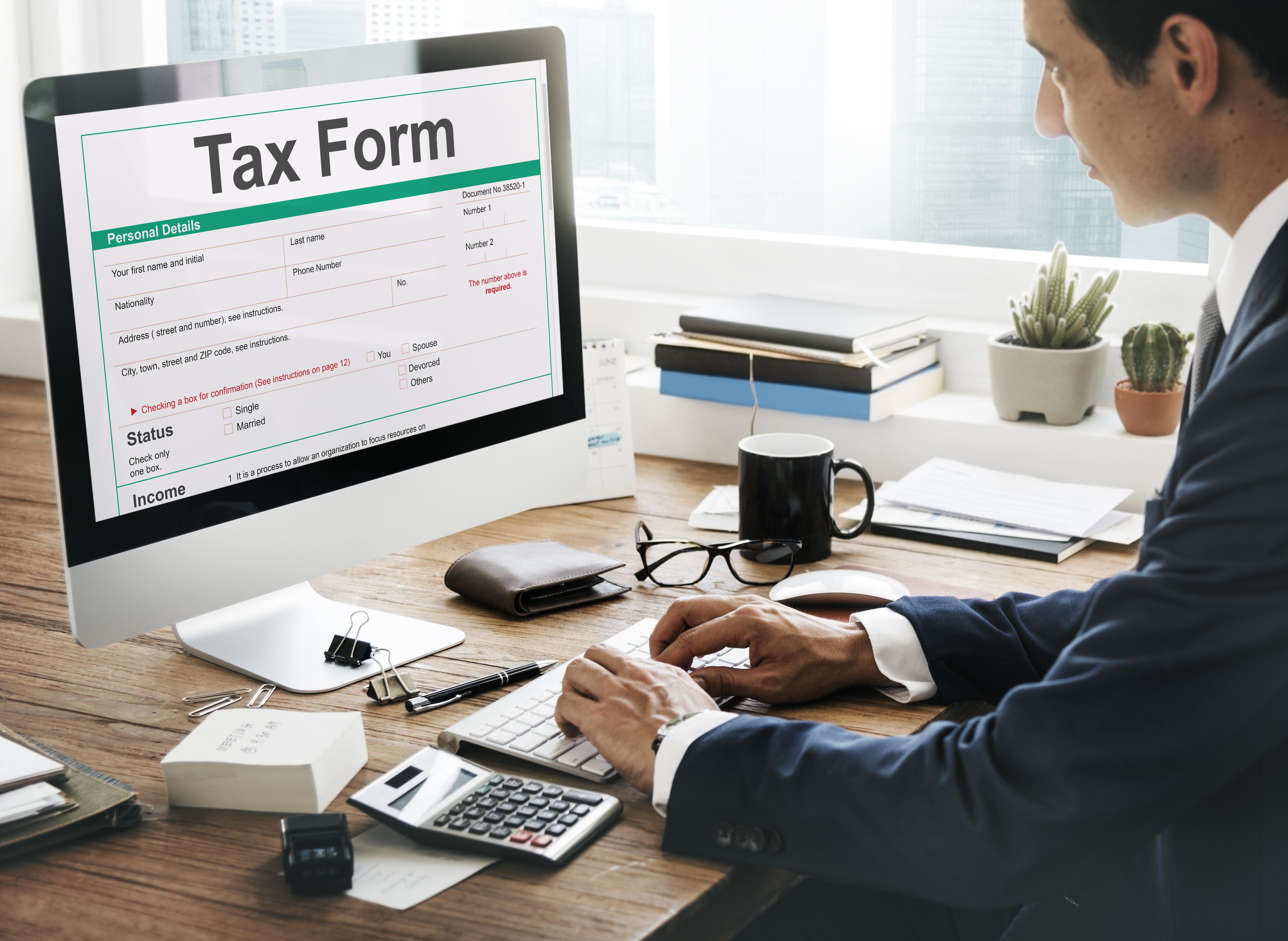Understanding Tax Liabilities: Sole Traders, Partnerships, and Limited Liability Companies

When starting a new business, one of the most critical decisions you’ll make is choosing a business structure. This choice directly impacts how your business will be taxed, how profits are distributed, and even how you keep your books. In the UK, the most common structures are sole traders, partnerships, and limited liability companies (LLCs). Let’s explore the tax liabilities and related considerations for each, so you can make an informed decision.
Taxation for Sole Traders
A sole trader is the simplest form of business structure. It’s often the go-to for freelancers, consultants, and small shop owners. Here, the business and the owner are legally the same entity, meaning all profits are treated as personal income. As a result, personal taxation rules apply — you pay Income Tax and National Insurance on your business profits rather than corporation tax.
Sole traders must complete a Self Assessment tax return annually, reporting all business income and expenses. While bookkeeping is straightforward, it still requires discipline and accuracy. The bookkeeping differences between a sole trader and other structures come down to simplicity; there’s no need to prepare formal statutory accounts or file with Companies House. However, accurate records remain essential to support deductions and stay compliant.
Taxation for Partnerships
Partnerships operate similarly to sole traders but involve two or more people running the business together. The profits are split between partners, and each partner is individually responsible for paying tax on their share. Again, personal taxation applies rather than corporation tax, which means each partner files a Self Assessment return, including their share of profits.
While the tax treatment is similar to sole traders, partnerships often require more robust management accounts services to accurately track each partner’s share of income and expenses. This is vital not only for tax compliance but also for internal decision-making and avoiding disputes. Partnerships must also submit a partnership tax return, which details the business’s overall financial position.
Taxation for Limited Liability Companies
A limited liability company (LLC) is a separate legal entity from its owners. Profits belong to the company first, and taxes are paid through corporation taxation. The company pays Corporation Tax on its profits, currently set at 25% for many small and medium enterprises in the UK. After-tax profits can be distributed to shareholders as dividends, which then may be subject to Dividend Tax at the individual level.
Unlike sole traders and partnerships, LLCs have more stringent reporting requirements. They must prepare and file annual statutory accounts, a confirmation statement, and a Corporation Tax return. This is where management accounts services become critical — they help ensure financial information is timely and accurate, aiding directors in making informed decisions and complying with regulations.
Moreover, there are significant bookkeeping differences in an LLC. For example, directors’ ***s, share capital, and dividend distributions all require precise recording and management. LLCs also need to consider PAYE if paying salaries, and VAT if turnover exceeds the threshold.
Choosing the Right Structure
Choosing a business structure isn’t just about tax; it’s also about liability, credibility, and future growth plans. Sole traders offer simplicity but come with unlimited liability. Partnerships share both risk and reward but require mutual trust and detailed agreements. Limited liability companies provide protection for personal assets but involve more administrative burden and costs.
Each structure has its own tax implications that directly affect cash flow and long-term strategy. By understanding these differences, business owners can select the most advantageous route for their specific needs. However, this decision often requires expert guidance.
Get Expert Help
Navigating tax and accounting differences can be complex and overwhelming. Whether you’re a sole trader looking for streamlined personal taxation support, a partnership needing robust management accounts services, or an LLC aiming to handle corporation taxation efficiently, tailored advice can make all the difference.
If you’re unsure which path is right for you, don’t hesitate to contact E2E. Our experienced accountants specialise in providing comprehensive support to all business structures, ensuring you stay compliant while optimising your financial health.
- Art
- Causes
- Crafts
- Dance
- Drinks
- Film
- Fitness
- Food
- Jogos
- Gardening
- Health
- Início
- Literature
- Music
- Networking
- Outro
- Party
- Religion
- Shopping
- Sports
- Theater
- Wellness


